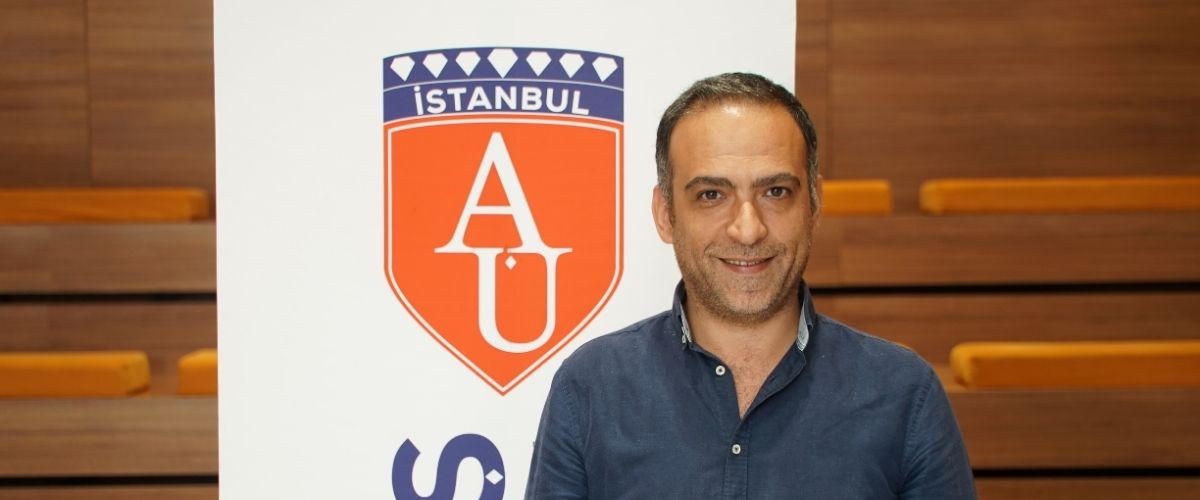Syria and Afghanistan: Commonalities, Different Processes
Altınbaş University Department of International Relations Faculty Member and Middle East Expert Dr. Mehmet Turan Çağlar: “The key issues in Syria are identity crisis and the search for stability”
There are similarities between Syria and Afghanistan in terms of instability, the presence of radical groups and regional rivalries. However, the sociological, geographical and foreign intervention dynamics are very different.
Dr. Mehmet Turan Çağlar, Professor at Altınbaş University Department of International Relations and Middle East Expert, compared the political and sociological dynamics of Syria and Afghanistan and evaluated the similarities and differences between the two countries. Çağlar stated that Syria has a different social texture with the lack of central authority in Afghanistan and the structure where tribal ties are at the forefront. “Syria's historical and intellectual background, its relations with the West and its heterogeneous structure stand out as critical elements that will determine the future political transformation process.”
“The main issue in Syria is the competing Syrian identities”
Prof. Çağlar pointed out that national identity is weak in Afghanistan and that tribal and family ties are dominant in the definition of identity. On the other hand, he stated that the debate on a “supersyrian identity” continues in Syria and made the following assessments:
“The main issue in Syria is the competing Syrian identities. While the Assad administration defines one identity, new actors aspiring to power are trying to create a different identity. This raises critical questions such as how different identities will be integrated or excluded in the constitution writing process. In Afghanistan, the predominance of local identities makes it difficult to form a centralized Afghan identity. However, as long as there is a power vacuum in Syria, that is, as long as there is no central authority, radical groups will maintain their presence there. So it can be likened to Afghanistan.”
Lebanon and Iraq are closer examples
Dr. Çağlar said that Syria may evolve into a structure more like Lebanon or Iraq than Afghanistan in the future. “The constitutional protection of different sects and religious groups in Lebanon, but the failure to build a common Lebanese identity, while in Iraq there are identity debates between Shiites, Sunnis and Kurds, makes these two countries closer examples for Syria,” he said.
The role of radical groups
Çağlar also drew attention to the existence of radical groups in Syria, noting that these groups may continue to exist as long as the power vacuum persists. However, he reminded that international coalitions have organized successful operations against ISIS in Syria. Çağlar emphasized that instead of a mountainous geography like in Afghanistan, there is a geographical structure that is more open to military interventions.
The difficulty of the constitutional process
Stating that the process of writing the constitution will be a long and complex process, Çağlar said that the discussions on a new constitution, which have been on the agenda since 2011, may gain momentum with the overthrow of the Assad regime.
Reminding that Syria did not start from scratch, he made the following assessments: “HTS or the forces aspiring to the current administration have no intention of starting from scratch. That is why they are trying to preserve their state structure. They do not want to be dragged into chaos. They are not in a hurry to destroy the state structures left by the former administration or to punish political figures immediately and make them pay for their actions.” Stating that they aim for a smooth transition by acting cautiously, Çağlar said, “There is a Syrian super-identity, but at the same time there are very different sociologies within the country. In other words, there are very serious differences between a Syrian living in the countryside of Raqqa and a Syrian living in Latakia or a Syrian living in Damascus. The construction of a common identity will take time and be challenging both constitutionally and politically.”
Commenting on the inability to resolve these political disputes through political negotiations, Çağlar said, “It could go somewhere else, but so far it seems that they have proceeded carefully. But any step that disturbs different sides of the process could lead to a backtrack or deterioration,” he warned.


